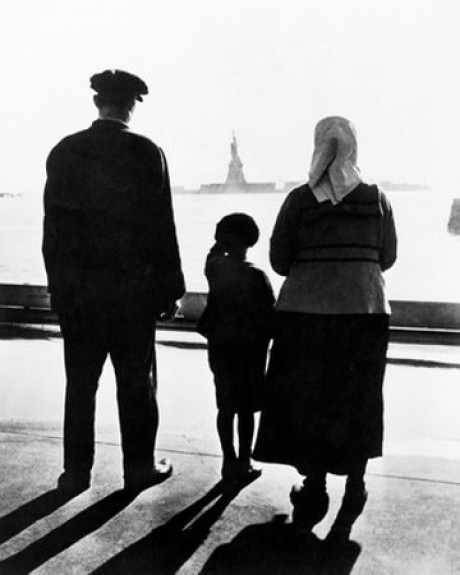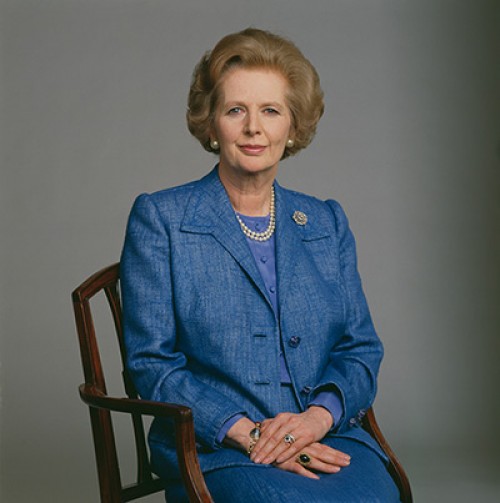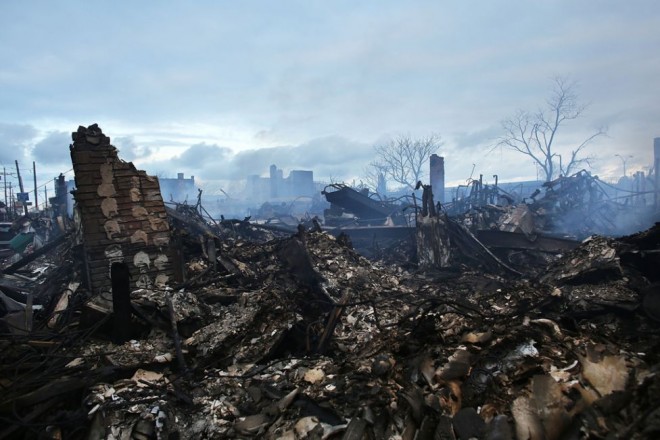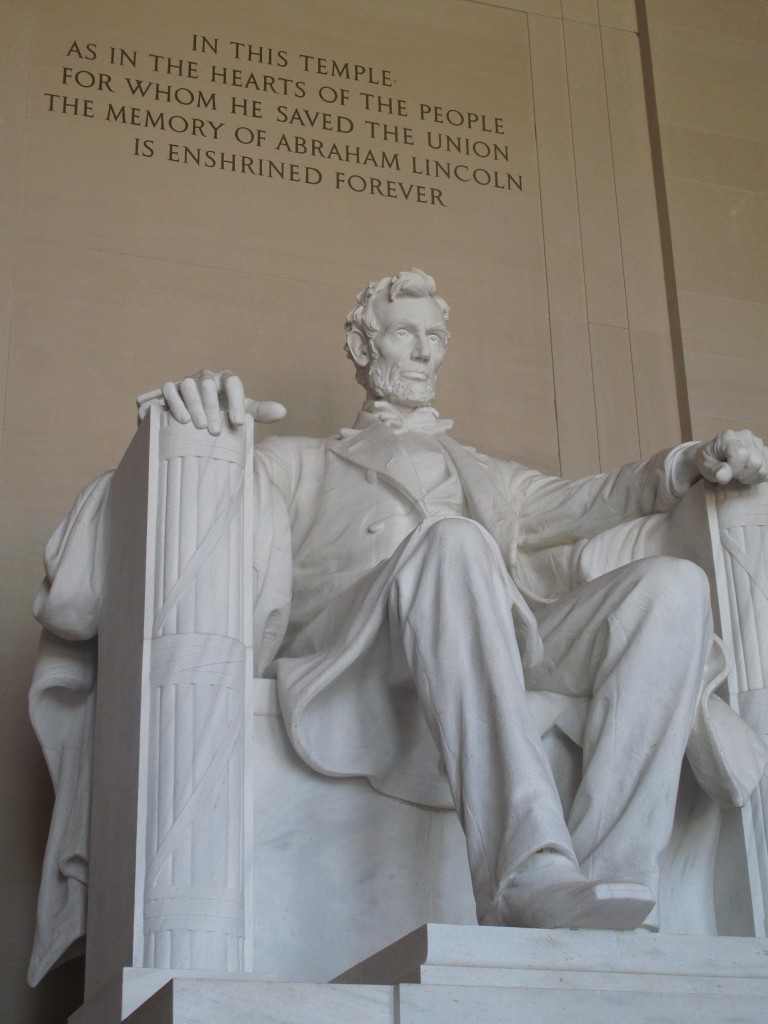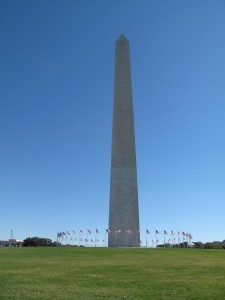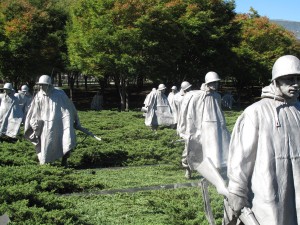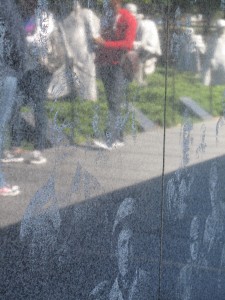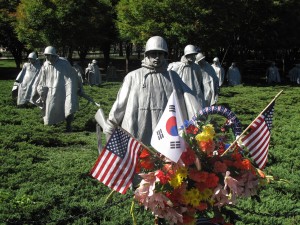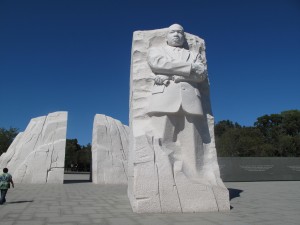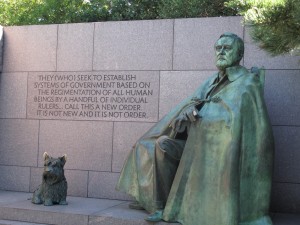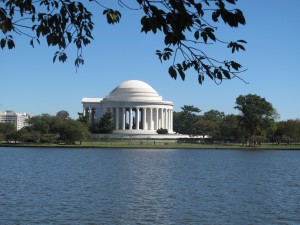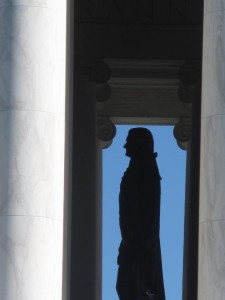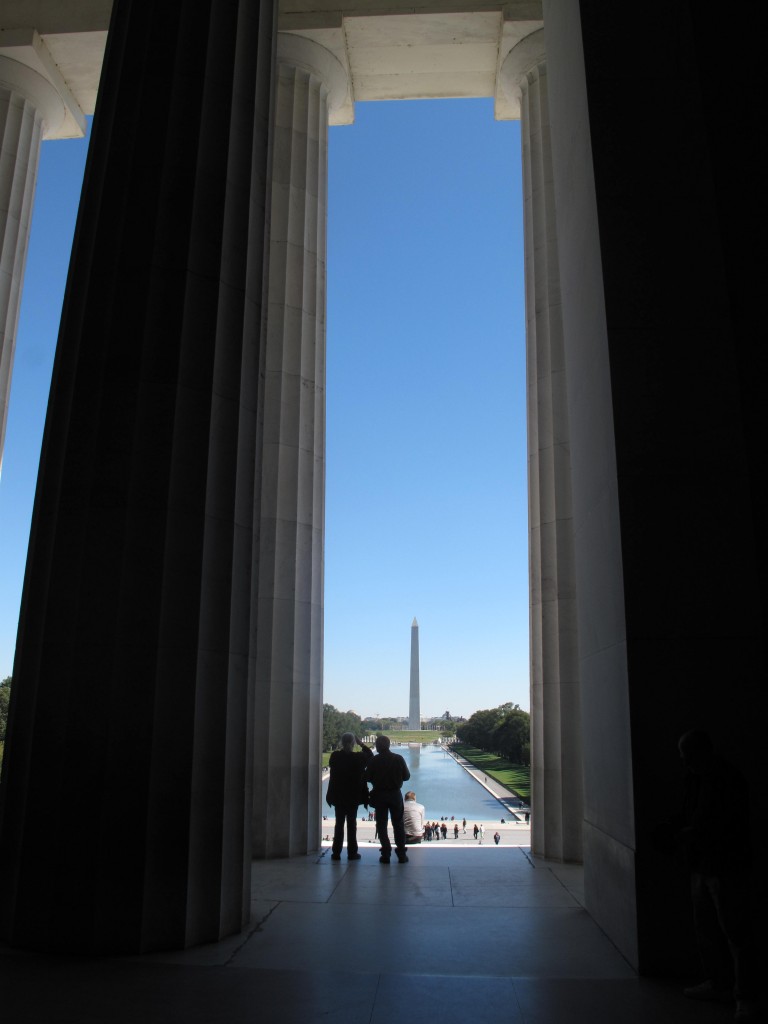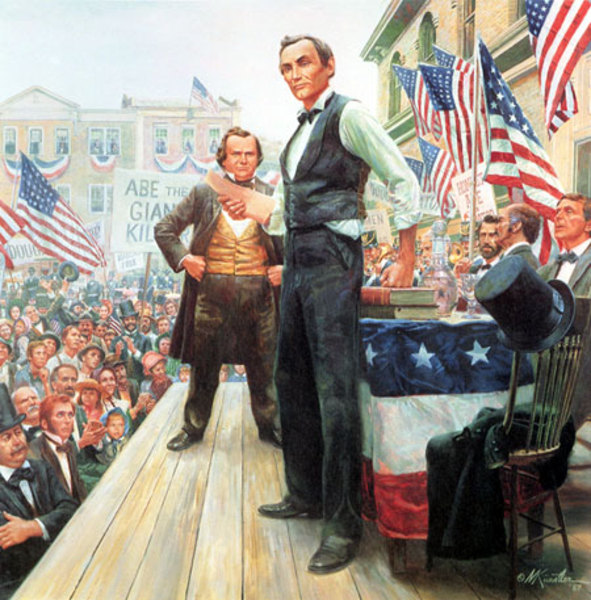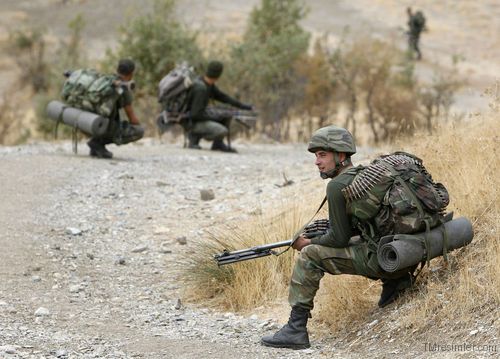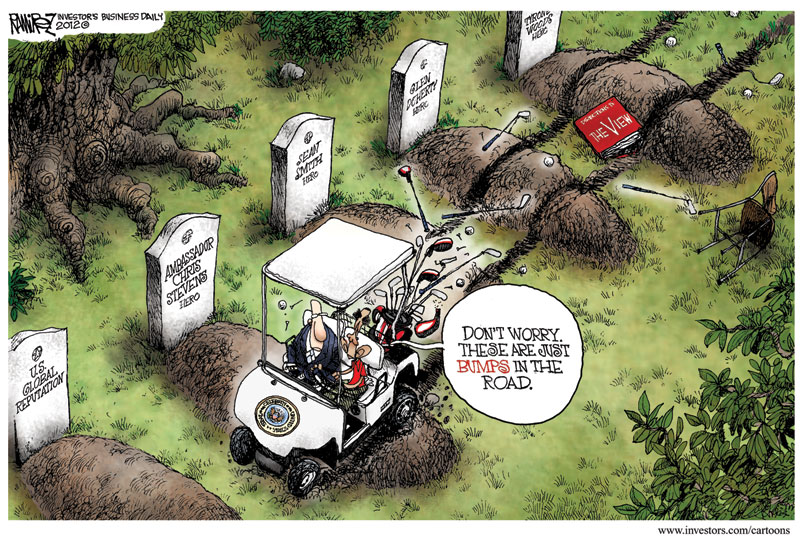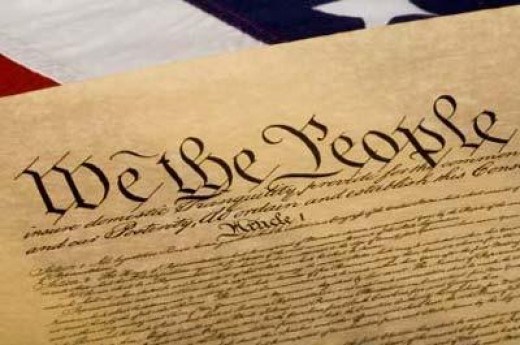 There are historical inflection points that determine the flow of man’s progress or decline. Sometimes the moment is clear at its apex to the participants. The crowning of Octavian as the Emperor Augustus creating the end of republican concepts and creating the idea of a universal citizen linked by shared principles across cultural differences. The declaration of independence of colonies from the greatest power on earth in 1776. The defeat of Napoleon at Waterloo. Sometimes the moment is seen only in retrospect as to its lasting and profound significance. The death of a religious prophet in Judea by crucifixion in 32 A.D. The victory of the Norman, William the Conqueror, over Harold at the Battle of Hastings in 1066 A.D. The exile of the radical Lenin to Switzerland by the Czar Nicholas in 1907. History binds us to its outcomes in that the moment of inflection allows only one response to its inflection point, the way forward.
There are historical inflection points that determine the flow of man’s progress or decline. Sometimes the moment is clear at its apex to the participants. The crowning of Octavian as the Emperor Augustus creating the end of republican concepts and creating the idea of a universal citizen linked by shared principles across cultural differences. The declaration of independence of colonies from the greatest power on earth in 1776. The defeat of Napoleon at Waterloo. Sometimes the moment is seen only in retrospect as to its lasting and profound significance. The death of a religious prophet in Judea by crucifixion in 32 A.D. The victory of the Norman, William the Conqueror, over Harold at the Battle of Hastings in 1066 A.D. The exile of the radical Lenin to Switzerland by the Czar Nicholas in 1907. History binds us to its outcomes in that the moment of inflection allows only one response to its inflection point, the way forward.
For many of us, the election of Barack Obama to the Presidency of the United States was such an inflection point. November, 2008 saw the elevation of a man of color to the most powerful executive position on earth by an electorate of a country that once espoused the right of bondage and servitude by one person of another, on the basis of color. Regarding the final maturation of the ideals put forth by the founding architects of the American manifesto of guarantees of life, liberty, and the pursuit of happiness, it is indeed a hugely important inflection point. We are, however, coming to an even more critical inflection, as to whether those guarantees codified in our founding documents hold less value to our modern society, to the extent that we as a society are unwilling to defend them under the assault of the very individual who is sworn to uphold them. We must now perform a value judgement on November 6th, 2012, as to whether the inflection point of celebrating universal access to the position of ultimate executive power in a democracy overwhelms the studied evaluation and judgement of the performance of that individual who finally achieved that access. Can we as a nation base our perception of our leaders not on the color of their skin, but on the content of their character, and in doing so preserve the best outcomes of both inflection points? President Barack Obama has been a formative President over the last four years. Ramparts looks to review and assess those four years for their content and recommend the way forward, for this country needs to preserve the capacity of every person to succeed as intended by nation’s founders, in the ultimate historical teaching moment, and inflection point, of November 6th, 2012.
Leadership
A great leader has characteristics that reflect not only in their words, but their impulses, character, and actions. It is not enough to describe vision as an end, but to articulate the means and difficult road of getting there. This usually requires an understanding of context, where a people have been, what their capacities and talents are, what they hope to be. Lao Tsu, the Tao Chinese philosopher, described this leadership skill as follows:
Go to the people. Live with them. Learn from them. Start with what they know. Build with what they have. The best of leaders, when the job is done, when the task is accomplished, the people will say we have done it ourselves.
Great nations have significant a significant historical thread and purpose that define their greatness. Great nations require their leaders to have a conviction of belief in the nation’s greatness, a recognition of the elements that keep it great. In times of ease, the leader’s intensity of faith in those base convictions may not require constant trumpeting, but in times of crisis, the trumpet calls must be certain and clear. He or she must show the character of conviction, leading with clarity and personal integrity, forming the people’s confidence in the perilous journey, the unshakable will to search for a way out, and ultimately succeed. The people should feel their leader understands the extent of the sacrifice that is asked for, the price that is being paid, the worthiness of the ultimate outcome that is desired. St. Francis of Assisi put it succinctly:
It is no use walking anywhere to preach unless our walking is our preaching.
In the test of leadership, President Obama has too often shown his ignorance of the facts of history, the superficiality of vision, the lack of clarity of how his path to the future would solve the future’ s problems, to get the people he leads to confidently follow. He has often struggled greatly with the truth. His own administration coined the phrase, “Leading from behind”. It is a epitaph of a leadership style that subverts a nation’s present and future greatness.
Performance
The focus of any election with an incumbent is ultimately a judgement of performance, between the performance of the incumbent weighed against the expected performance of the challenger who seeks to unseat him. Predicting future performance is much more ethereal than grading past performance, and thus the true test of the upcoming judgement is after all our current President’s performance, the assessment of Barack Obama’s record in leading a great nation at a time of challenge.
Domestic record:
President Obama admittedly came into his job with great challenges domestically. Collapse of the housing bubble and a dramatic banking crisis plunged the nation in a deep recession. The response of the President was the great Stimulus package of 2009, a 787 billion dollar government infusion of money into the economy that represented easily the largest injection of government influence on the economy in history. Together with the TARP government guarantee to failing and in jeopardy banks and actions such as the Automobile industry bailout, it represented well over a trillion dollars in the nation’s resources. It was sold like Franklin Roosevelt’s Work Project Administration, a huge tsunami of “shovel-ready jobs” that would propel the economy out of its doldrums. Right out of the starting gate, though, the stimulus package showed all the tenets of President Obama’s leadership style. He deferred the details of the huge expenditure to others, showing very little interest in where the money actually went or accomplished. Thus a trillion dollars found its way instead into expansion of government processes, with a whole cadre of “czars” functioning independently of both cabinet departments and the legislative process. The result was predictable. No identifiable investment in crumbling infrastructure beyond roads. Rejection of access to easily available resources like leasing American oil drilling or positioning for completion of the Canadian Keystone pipeline project. Capitalist cronyism at its worst in green industry companies like Solyndra. Faux-brilliant programs with no identifiable purpose other than popularity such as “Cash for Clunkers”, and billions upon billions to underwrite inevitably unsustainable union perks and pensions. Where all the money went, and to whom, will never be known and likely represents one of the great heists in history.
The huge debacle of the 2009 stimulus was followed by the 2010 Affordable Care Act, or as better known, Obamacare. The administration determined to address the crisis in burgeoning healthcare expenditure by devising a plan of eventual government takeover of healthcare, establishing a new entitlement, extending healthcare to a supposed thirty million “uninsured” Americans at a Medicaid entry level, forcing the mandatory nature of health insurance, and “paying” for it with huge penalties on the currently insured, including draconian shifts from current Medicare subsidies. The result was a calamitous bill that was forced through a reluctant congress using questionably legal out of budget reconciliation joint resolutions, that few congressmen understood or investigated. As the bill was bludgeoned through the system, the then Speaker of the House Nancy Pelosi famously declared, “We have to pass the health care bill, so you can find out what is in it.” Democracy died a thousand deaths that day. The bill’s future fundamental re-working of the American healthcare system is outdone by its visible break on current economic activity as those with functional insurance through their employer are only now realizing the reality of the loss of their insurance security, and companies are recognizing the enormous bill and suppressing hiring and expansion. The President’s response to the coming calamity, again classic Obama, deferments for union and political supporters, and good luck to all the rest.
The third strike blow to the nation domestically was that the stimulus was only the initial harbinger of a government willing to annually overspend at the level of the supposed one time stimulus investment , resulting in annual deficits of over a trillion dollars. In four short years, the country’s debt ballooned 5.6 Trillion dollars, making the President’s administration the most profligate debtor in history, increasing by half what it took the previous 235 years of government to accumulate. The pathetic result was the United States experiencing the first loss of its triple AAA bond rating in history. It resulted in the need for three rounds of Federal Reserve Bank’s “quantitative easing“, printing money at accelerated rates to purchase the burgeoning debt, and thereby severely threatening the value of the dollar and ultimately, people’s purchasing power and future savings. It resulted in the American government borrowing 42 cents on every dollar it spent, with no end in sight and no plan to deal with coming crisis in debt. The incredibly prescient examples of socialist Europe’s current financial calamities were ignored by this administration as if they were whistling past their own grave.
Three strikes and you’re out in baseball parlance. Domestically the Obama Administration proved to be on of the most ineffectual, and damaging administrations in history.
Foreign Policy Record:
The Obama Doctrine of “Lead from behind” truly found its muse in foreign policy. A basic philosophical Obama underpinning of previous American history was at work. Where others saw standing up for American self interest, Obama saw imperialism. Where history saw American leadership, Obama saw arrogance. Where others saw totalitarian suppression of freedoms, Obama saw self determination. From the beginning, the President set on an “apology” tour, meeting with some of America’s most nefarious enemies, such as Chavez of Venezuela, and proclaiming understanding with such stalwarts such as Castro of Cuba and Ahmadinejad of Iran. He immediately re-set the Israeli- Palestinian access, declaring an “equality” of right, snubbing the elected leader of their erstwhile ally Israel at every turn, and encouraging the recalcitrance of the Palestinians to meet on any level with the Israelis to solve their issues.
The President re-oriented the fight against terrorism, implying the United States harbored an unhealthy understanding of Islam, that needed to be cleansed. The war in Iraq, having been essentially won by the American surge of 2007-08, was undermined by a callous disregard of residual security needs, resulting in the abrogation of the Status of Forces agreement with Iraqis, the pre-mature removal of all US forces, and the inevitable crumbling of the hard won Iraq democratic process that had barely begun to take hold. He announced in Cairo the wrongs committed to the Arab nation by American cultural ignorance, resulting in significantly increased confidence by fundamental Islamic elements that the President would do nothing to impede their long desired goal of taking over nationalist Arab governments. The once in a lifetime Green Revolution by millions of brave internal dissenters in totalitarian Iran was brutally snuffed out by the regime, when they realized Obama would do nothing, and a relentless progression in the development of a fundamentalist and nihilist nuclear capacity.. The stability of a Libya led by a neutered Qaddafi was destroyed by an American led rebel force, in an undeclared American war. It continues to have devastating ramifications with the resurgence of Al Qaeda and the recent murder of an American Ambassador on American sovereign ground, enabled by a President who saw the Al Qaeda attack on his consulate as a larger threat to the myth he had woven of defanging Al Qaeda and contributing to a new moderate Libya then to his representatives on the ground, resulting in their disastrous sacrifice.
The presidential record on the the self declared”good war” in Afghanistan was no better, with a surge of American forces initiated at the same time as the declaration of their eventual withdrawal, resulting in a meaningless sacrifice of American lives in a country with an impressive history of simply waiting out its foreign invaders. The result, a predictable strengthening of the Taliban, reversing the brief modernity of schools, roads, and reduced foothold of sharia that allowed a middle way to briefly flower.
The President’s solitary success in the war in terror proved not to be his re-definition of “Terrorism”, but in the utilization of all the previous administration’s tools of interrogation, drone patrols, and special forces development, culminating in the discovery and dispatching of the murderer Osama Bin Laden, as well as other high ranking terrorists. The supposed sin of previous terror definitions to be reversed, such as the goal of closure of Guantanamo and the ludicrous plan to try international terrorists in domestic courts as criminals, has long since been abandoned. This was replaced with a disturbing attraction to a “kill list” as a indirect means of control of terrorism, resulting in a perverse rationalization that the United States had the right to assassinate on the basis of implied guilt on foreign soil, while demanding a criminal court and redefinition of the dastardly murder as “workplace violence”, as when a terrorist such as Major Husan, self declared as a “soldier for Allah”, murdered Americans on American soil at Fort Hood.
The progression of an Arab Spring dominated by the uncontrolled emergence of Islamic fundamentalism to national positions of power, the belligerence of Russia in defying the supposed American Re-set in policy, despite the sacrifice of relations with American allies such as Poland, the Czech Republic, Ukraine, and Georgia to appease Russia, the instability of an enfeebled Europe that has linked itself into a bond of progressive economic insolvency, a return of terrorist capacity now under the cloak of fundamentalist regimes, the progressive collapse of any Israeli-Palestinian momentum, and the ominous advance of Iran toward nuclear capacity fully indicates the Obama Doctrine of “Leading from Behind” is guaranteed to lead to more, not less American vulnerability and potential future conflict involvement.
Verdict
Leadership. Attention to history. Understanding of the foundations of American greatness. Stewardship of our national resources. Positioning our country to succeed beyond the previous generation. Defending our national sovereignty, both economically and militarily. Providing and following through on the vision and promise of a national consensus. These are the duties we place upon the individual who assumes the chief executive position in our land. It is concisely and summarily stated in the oath of office all Presidents swear to:
I do solemnly swear, that I will faithfully execute the office of President of the United States, and will to the best of my ability, preserve, protect and defend the Constitution of the United States.
The record of this President, Barack Obama, as a matter of philosophy, integrity, leadership abrogation, and performance, has consistently defied the fundamental requirement of this oath. Ramparts does not believe the carefully tendered fundamentals, checks and balances – defended, fought, and sacrificed over for 236 years – can survive in a recognizable form under such leadership. History has inflection points. The nation election of 2012 is just such an inflection point. On November 6th, 2012, the future freedom and prosperity of history’s most successful creation of a nation of human fulfillment and actualization is at stake. The President, Barack Obama needs to be defeated, and Mitt Romney elected, as the next President of the United States. The time for hope and change is past. What we need now, is plain old change. If the American public deliberates correctly and opts for change from its current disastrous regime, it will elect Mitt Romney as President of the United States. With such change, real hope may yet once more spring eternal, and the country remove itself from self applied shackles, to rise again, like the proverbial Phoenix from the ashes.
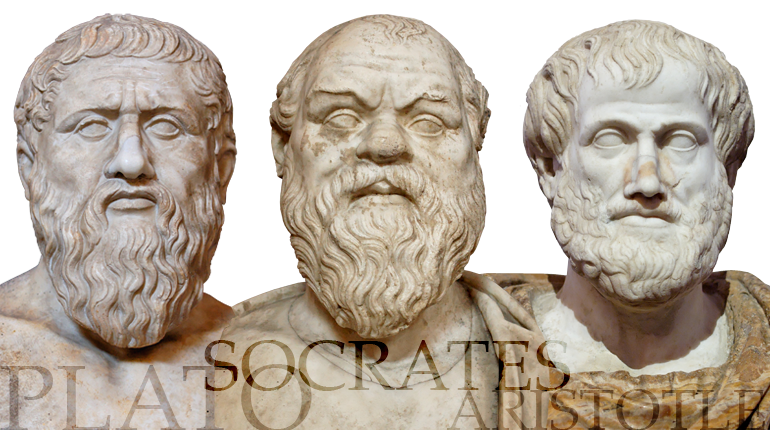 In a humbling perspective, the presence of man as a thinking, actionable being in the scope of time as compared to bacteria as the first living organisms seeking interaction with their environment is a pittance. The relationship of a few score of thousands of years to the greater than three billion years that bacteria have survived takes shape when one compares it to some objective knowable reference. In perspective of time as distance, if thinking man were walking in the same travelled steps that bacteria have already taken referenced to the three thousand mile distance between Los Angeles and Chicago, man as a rational creature would occupy only the last 20 feet of the journey. This brief presence hardly seems worthy of historical adulation, but it is of course the impact made by this relatively new participant to history that makes man’s action so worthy of study.
In a humbling perspective, the presence of man as a thinking, actionable being in the scope of time as compared to bacteria as the first living organisms seeking interaction with their environment is a pittance. The relationship of a few score of thousands of years to the greater than three billion years that bacteria have survived takes shape when one compares it to some objective knowable reference. In perspective of time as distance, if thinking man were walking in the same travelled steps that bacteria have already taken referenced to the three thousand mile distance between Los Angeles and Chicago, man as a rational creature would occupy only the last 20 feet of the journey. This brief presence hardly seems worthy of historical adulation, but it is of course the impact made by this relatively new participant to history that makes man’s action so worthy of study.
